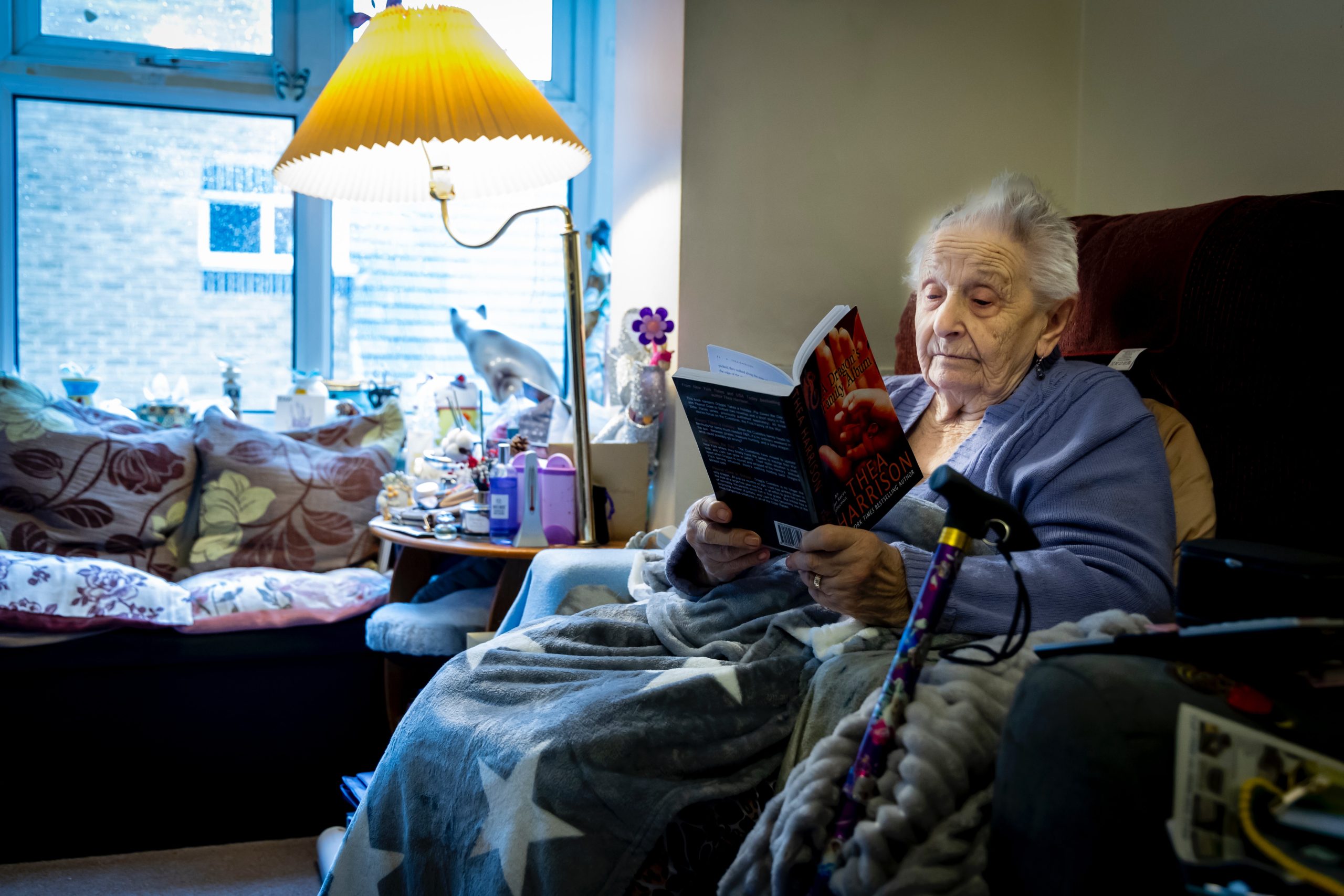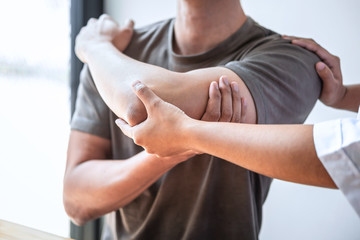
Post Stroke Recovery and Rehabilitation
Have you or someone close to recently had a stroke?
Are you experiencing difficulty with movements such as getting out of a chair, standing or walking?
If so, it may be the time for you to engage in a post stroke recovery therapy plan.
What is a Stroke?
A stroke occurs when there is an absence of blood supply to the brain. There are two main types of stroke. Ischemic stroke, which occurs when there is an occlusion of blood supply to the brain due to a blood clot and Haemorrhagic stroke which occurs when there is bleeding within the brain due to a breaking of the wall of a blood vessel. The disruption of regular blood supply to the brain can have permanent or temporary damage to the brain. This damage can impact the individual in multiple ways depending on the are of the brain which gets damaged.
Impact of Stroke
The symptoms of stroke vary significantly based on the area of which the brain is impacted however common long term symptoms of stroke include:
- Muscle weakness
- Reduced strength or paralysis of the arm or leg on one side of the body
- Impaired balance
- Speech difficulties
- Impaired ability with swallowing and eating
- Blurred vision or reduced vision in one or both eyes
- Fatigue
- Thermoregulation difficulties
- Challenges with thinking, cognition and memory
How can Physiotherapy help stroke recovery?
Long term stroke recovery can take over a few months or years for areas of the brain to recover. Recovery often will be focussed around improvements in body strength, function and endurance. Physiotherapists will work will you to improve the quality of functional movements required in your day to day life including sitting, standing, walking and use of your arms. This is achieved through individualised exercise prescription and hands on manipulation. Additionally, your physiotherapist will aim to achieve progress in other important areas such as improving balance, muscle strength, range of motion, cardiovascular fitness and fatigue management.
How can Exercise help stroke recovery?
Exercise has a prominent role in improving long term outcomes in stroke rehabilitation. Due to stroke having a large variety of impacts depending on the severity and region of the brain impacted. It is important that a post stroke exercise program is individualised. However, below are some of the ways exercise can assist your recovery and overall health and wellness.
- Improves cardiovascular fitness and decreases likelihood of another stroke
- Improves functional capacity in movements such as standing and walking
- Improves muscle strength of impacted limb/s
- Improved balance
- Improved posture
- Decreased symptoms of fatigue
Considerations
Individuals post stroke are at an increased risk of a cardiac event such as a heart attack or another stroke. Due to this, it is important that an individual post stroke gets medical clearance from their General Practitioner. Additionally, before commencing a cardiovascular fitness training program, a medical review with your doctor is recommended to discuss clearance and referrals to appropriate allied health practitioners including an Exercise Physiologist or Physiotherapist.
If you require a physiotherapist Brisbane to develop an post stroke plan, or just would like to find out more about your health journey and what a talented everyday physiotherapy provider can do to help, get in touch. Feel free to call the Pivotal Motion Physiotherapy team on 07 3352 5116 or book online for a hand today!




